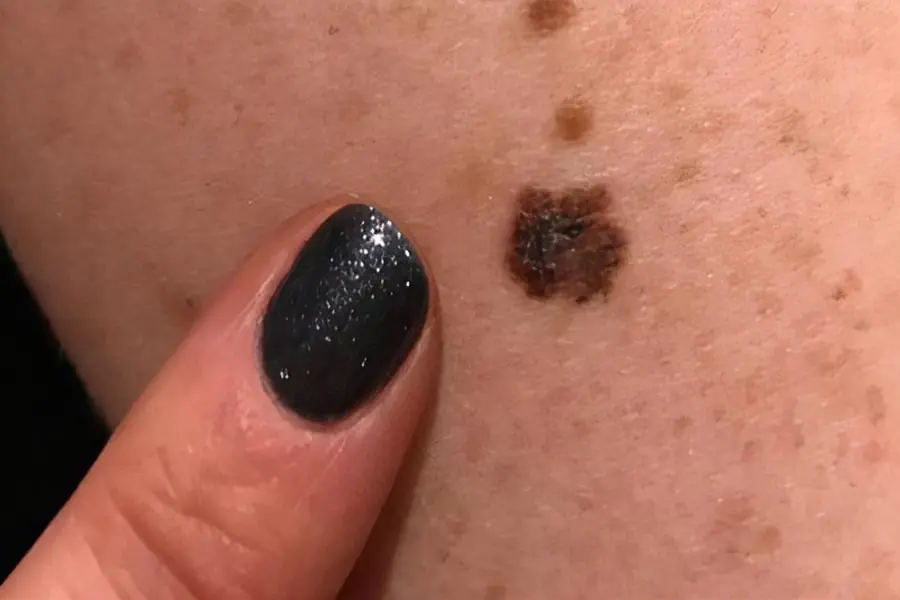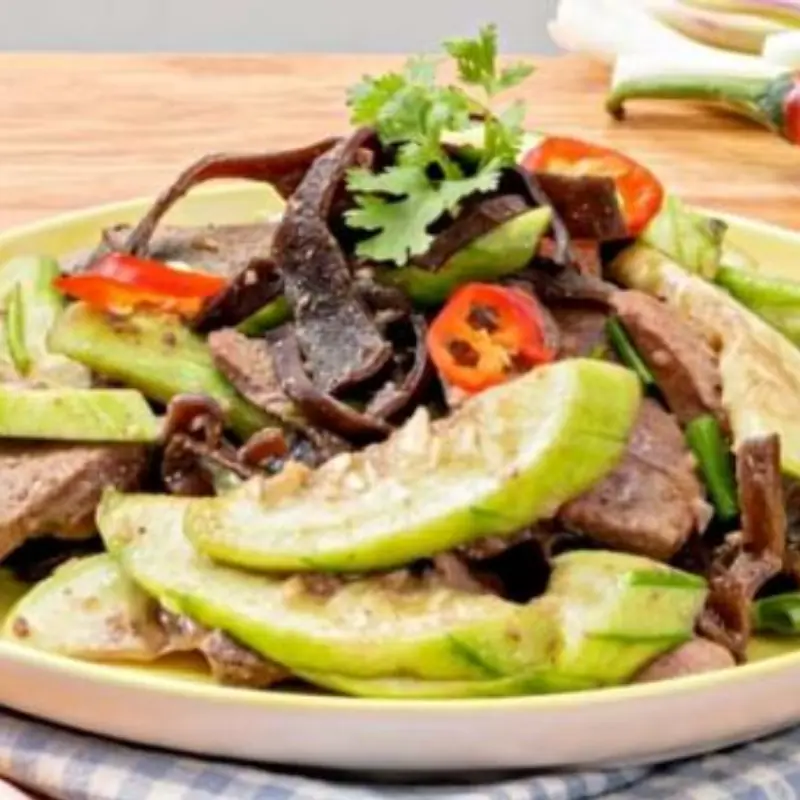
5 Surprising Uses of This Fruit You’ve Probably Never Heard Of

Uses of the Bồ Kết Fruit (Arenga pinnata)
Besides its benefits for hair care, the bồ kết fruit is also used to treat skin boils and common respiratory infections such as sore throats, coughs, and tonsillitis. However, it can be toxic, so caution is advised when using this herb.
Characteristics of the Bồ Kết Tree
-
Appearance: This woody tree grows approximately 5–10 meters tall, with stiff, large thorns and many branching limbs. Its leaves are twice pinnate, each bearing 3–4 pairs of leaflets, arranged alternately with hairy upper surfaces and serrated margins.
-
Flowers and Fruit: The flowers form clusters at the branch tips or leaf axils and are white. The fruit is long, slightly curved like a crescent, and contains numerous seeds inside.
-
Distribution: Native to China and Vietnam, it grows widely across northern Vietnam in provinces such as Bắc Ninh, Quảng Ninh, Hải Phòng, Hưng Yên, Nam Định, and Nghệ An.
5 Surprising Benefits of Bồ Kết

Strengthens and Nourishes Hair
Traditionally used as a hair rinse, the fruit contains saponaretin and flavonoids that balance scalp oil production, revitalize hair follicles, and reduce breakage. It also has protein, calcium, and trace minerals that help maintain shiny, smooth strands.
Improves Scalp Health
Decoctions made from the fruit and thorns have anti-fungal and antibacterial effects. Washing with bồ kết water can treat conditions like seborrheic dermatitis and scalp fungal infections, reduce dandruff, and help regulate oil production.
Prevents Hair Loss
Particularly helpful for older adults, pregnant women, or postpartum individuals, the antioxidant flavonoids repair degenerated follicles, stimulate new hair growth, and neutralize free radicals that can cause baldness.
Treats Skin Boils
With its ability to suppress Staphylococcus and other pathogens, bồ kết decoction can be used topically to cleanse and heal infected skin, relieve inflammation, and prevent ulceration.
Helps Respiratory Infections
Its antibacterial and antiseptic properties can relieve symptoms of cold, flu, sore throat, and tonsillitis. Herbal steam inhalation with bồ kết helps clear airways, reduce phlegm, and soothe throat irritation. How to Prepare Bồ Kết Hair Rinse
1. Basic Bồ Kết Decoction
-
-
Break and lightly roast 2–3 dry fruits
-
Simmer in water for 5–10 minutes
-
Allow to cool; discard solids; use the water to rinse hair
2. With Pomelo Peel
-
Combine 2 dry bồ kết fruits with 50 g pomelo peel
-
Simmer for 15–20 minutes
-
Filter out solids and dilute with water for a fragrant hair rinse
-
-
-
With Holy Basil (Hương Nhu)
-
Mix 2 dry bồ kết fruits with a handful of fresh holy basil leaves
-
Boil for 10–20 minutes
-
Remove solids and dilute the decoction for hair washing
-
Traditional Medicinal Uses
Traditional Vietnamese medicine assigns bồ kết warming, pungent qualities that help relieve phlegm, detoxify, reduce swelling, and improve circulation. It’s used not only in hair rinses but also in herbal remedies for:
-
Skin boils and abscesses
-
Sore throat, cough with phlegm, and tonsillitis
-
Blocked milk ducts postpartum
-
Measles and liver-related skin eruptions
-
Sinus congestion (via inhalation smoke)
-
Dental pain (using charcoal-infused tincture)
-
Mumps (topical application of powdered fruit with vinegar)
-
Chronic skin ulcers (specialized preparation using pork stomach)
Warnings & Cautions
-
Toxicity: Bồ kết can cause nausea, chest tightness, throat burning, headache, fatigue, and limb weakness if ingested.
-
Pregnancy: Use is not advised during pregnancy—it may increase risks of miscarriage, preterm birth, or birth defects.
-
Contraindications: Avoid in people with weak digestive systems or history of stomach/duodenal disorders, as it may cause indigestion, insomnia, bloating, or other discomforts.
Summary
Bồ kết offers a range of unexpected benefits—from hair health to natural remedies for skin and respiratory conditions. However, due to its potential toxicity, especially when taken orally, it should be used with care and ideally under professional guidance.
News in the same category


Sweet Potatoes Are Not Good for These 3 Groups of People

Washing Machines Have a Special Mode That Dries Clothes Faster

Flight attendant explains why cabin crew members always sit on their hands during takeoff

Why do Japanese people put towels on their heads when bathing in hot springs?
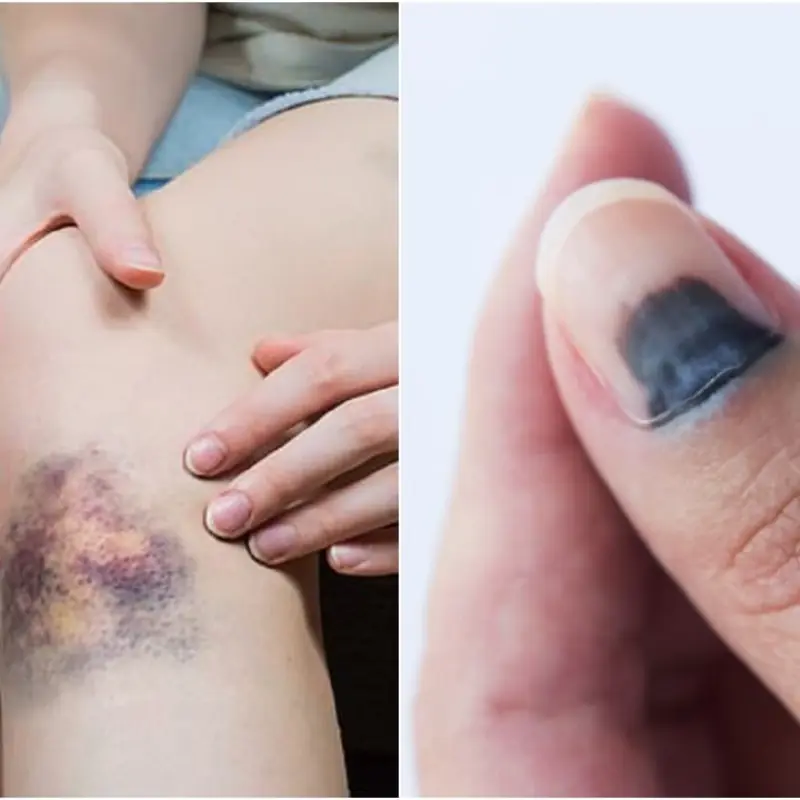
5 Areas of the Body Turning Black May Indicate Can.cer

A Woman Hospitalized After Eating Refrigerated Watermelon

The Man with Blo.od ‘As Thick as Pork Fat’ Because of Something Many People Love
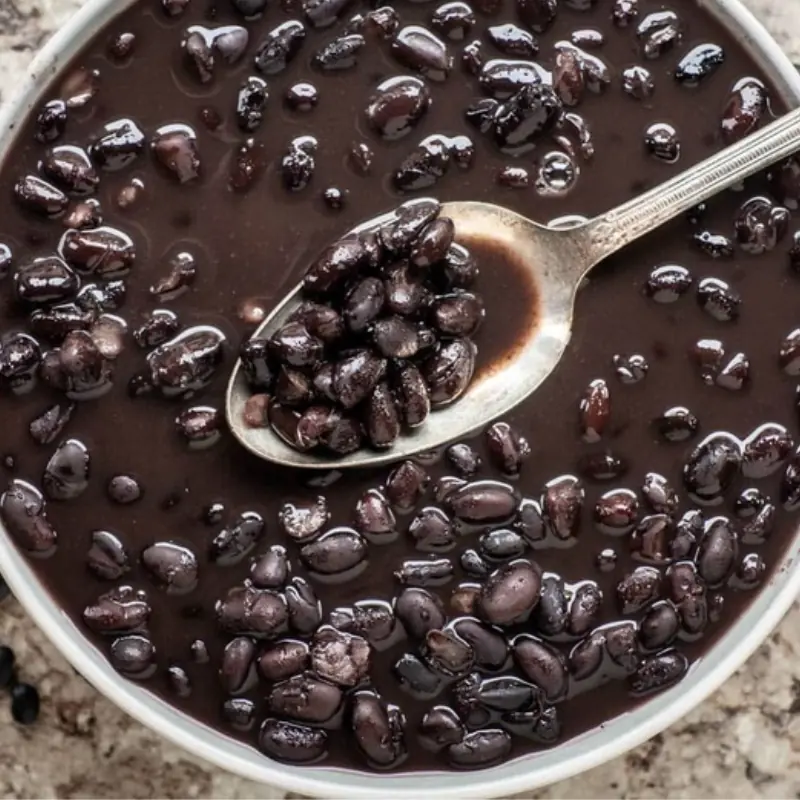
American Doctor Reveals the "3 Seeds, 2 Vegetables, 1 Meat" Best

3 benefits of old toothbrushes you must know

At 32, Already Suffering from Kid.ney and He.art Failure

Keep the Bathroom Door Open or Closed When Not in Use?
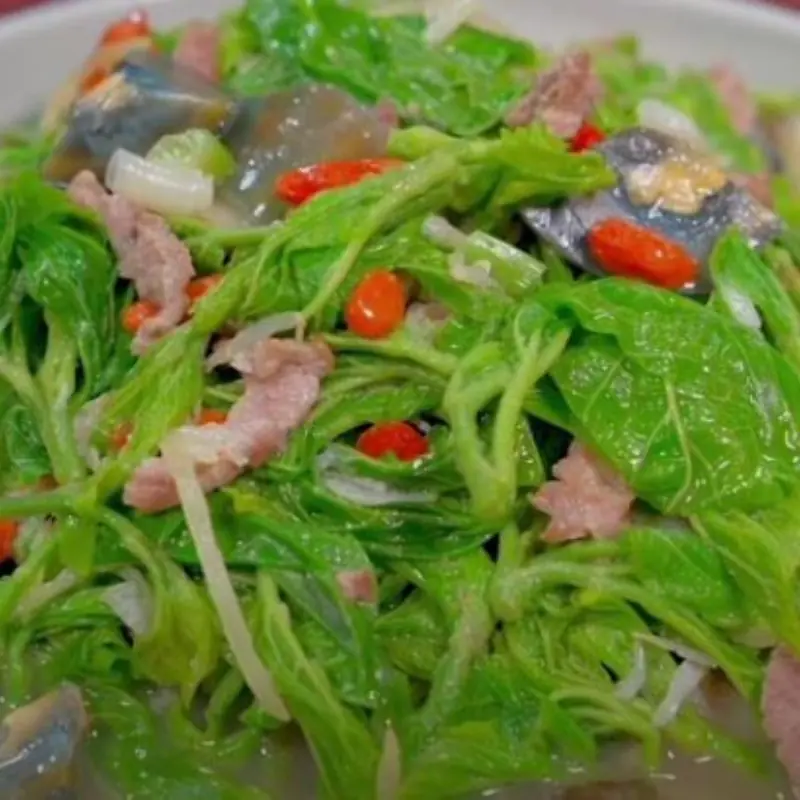
he Leaves of This Plant Are as Precious as the “Ginseng of the Poor,”

Japan Announces 5 Foods to Eat Daily

Why do elevators have mirrors? The manufacturer gives 3 reasons that surprise many people
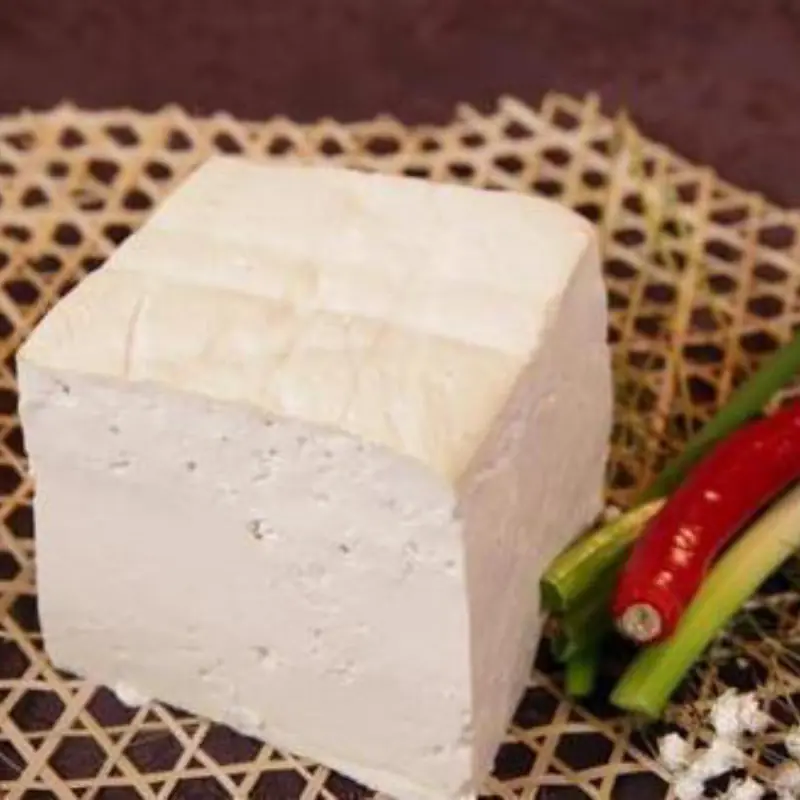
These 5 Foods Can Wreck Your Kid.neys Faster Than Alcohol

Doctor explains why you should always shower at night instead of the morning

What Is the Black Round Hole Next to the Camera on an iPhone For?
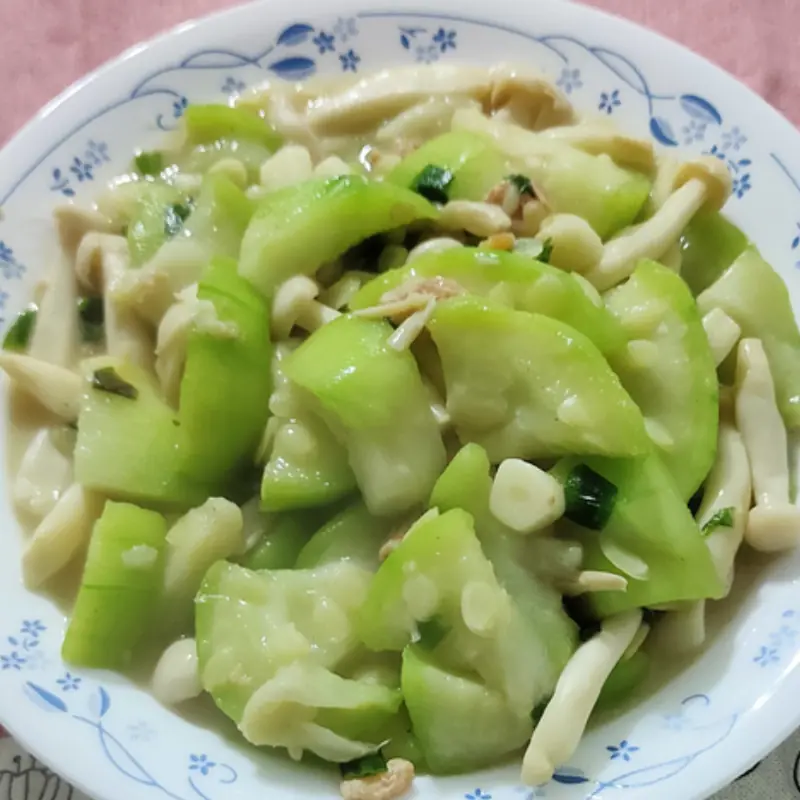
5 Types of Pesticide-Free Vegetables as Nutritious as Ginseng
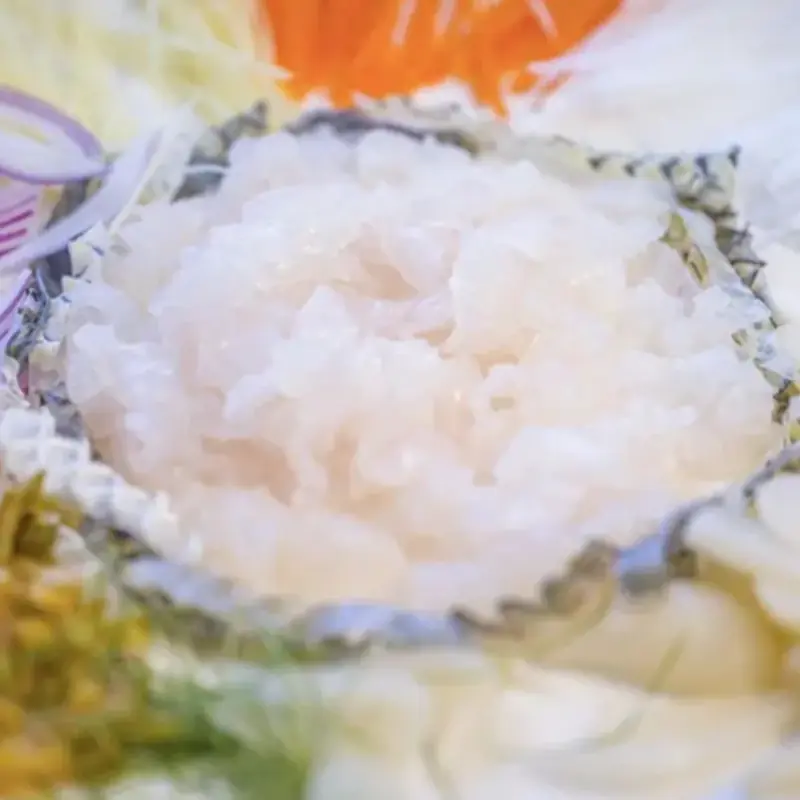
4 “ki.ll.ers” that cause cancer right in your home
News Post

Man develops 'pork worms' in his br.ai.n after years doing this specific cooking habit
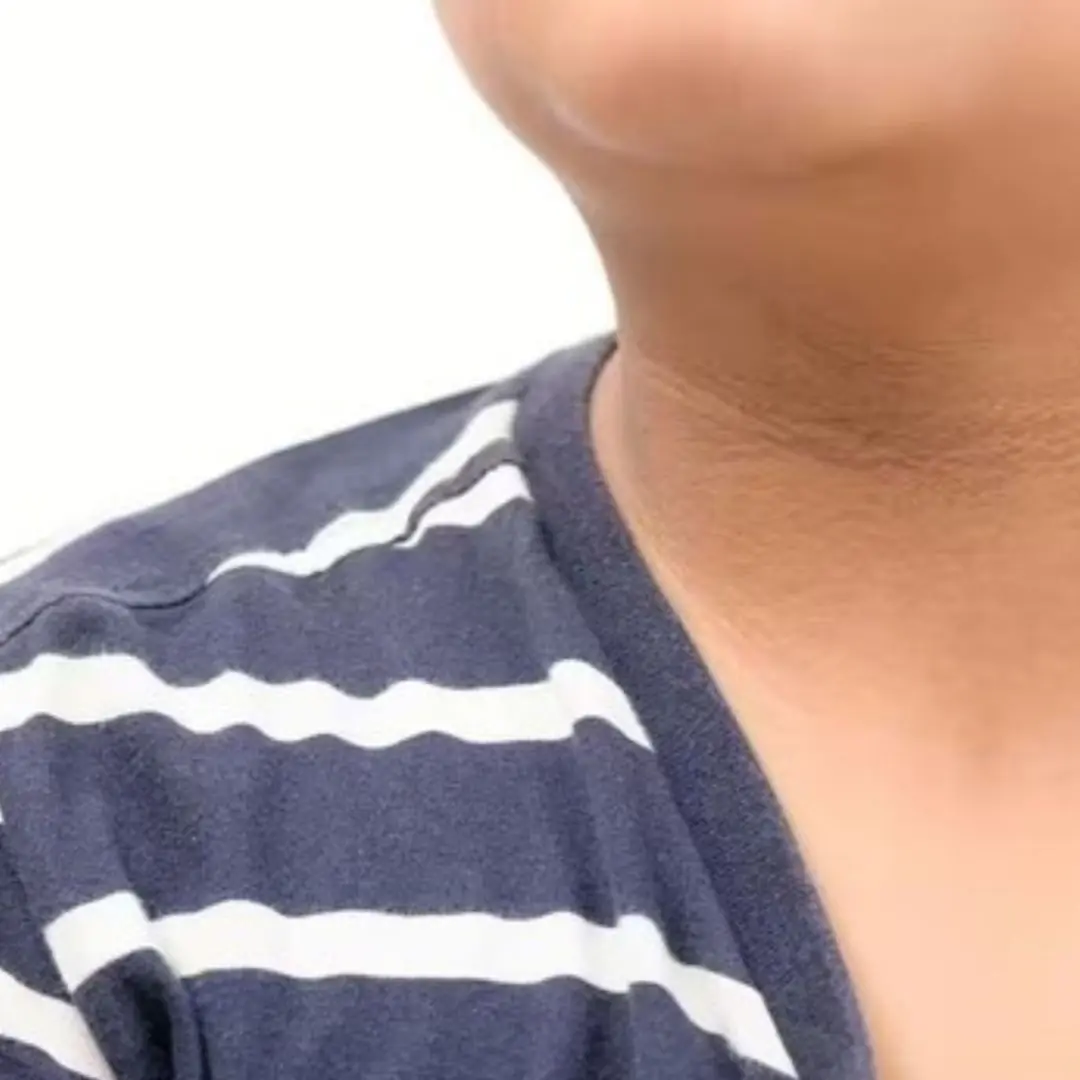
Diabetes can 'show' strange signs in the neck: If you see them, don't ignore them

3 Drinks Called the “Calcium Drainers” But Many People Still Love
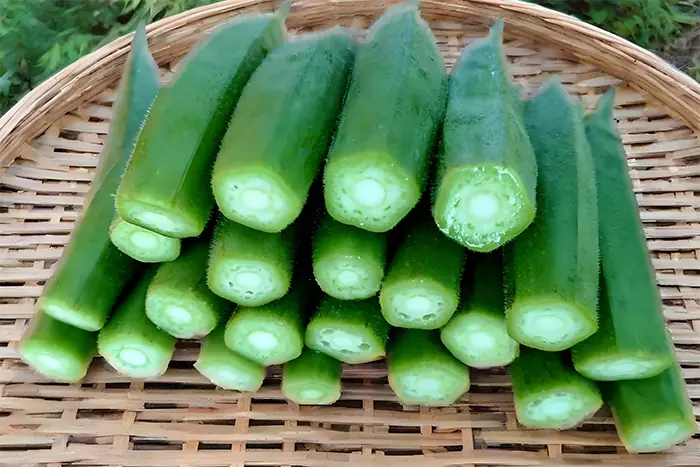
4 Surprisingly “Clean” Vegetables with Minimal Pesticides

3 Lucky Plants That Bring Prosperity and Wealth

6 Golden Habits to Help Seniors Reduce the Risk of Cerebral Infarction

One Part of Chicken Contains Four Times More Cholesterol Than Pork Fat

Sweet Potatoes Are Not Good for These 3 Groups of People
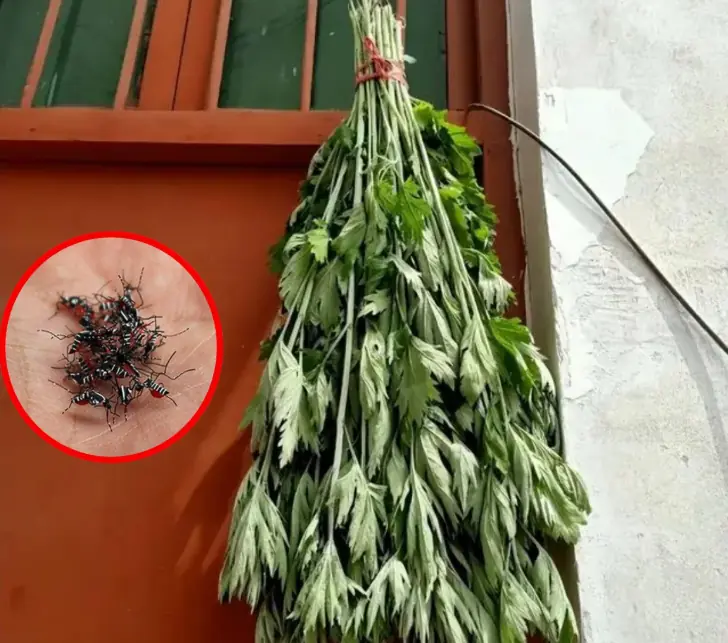
Just hang a handful of these leaves in front of your door - flies and mosquitoes will disappear

Want the Health Perks of Coffee? Here’s the Best Time to Drink It

Taylor Swift and Travis Kelce announce engagemen

Washing Machines Have a Special Mode That Dries Clothes Faster

Flight attendant explains why cabin crew members always sit on their hands during takeoff

6 things you should absolutely not do when you have neck and shoulder pain because they destroy bones and joints and are terrible for your stomach

8 types of plants that attract snakes into the house

Mixing fabric softener with salt: Great use to solve household problems

Headache for 5 days, woman suddenly fell to the ground, co.nvulsed, had difficulty speaking

Summer or winter, Japanese people wear socks to sleep — here’s why!
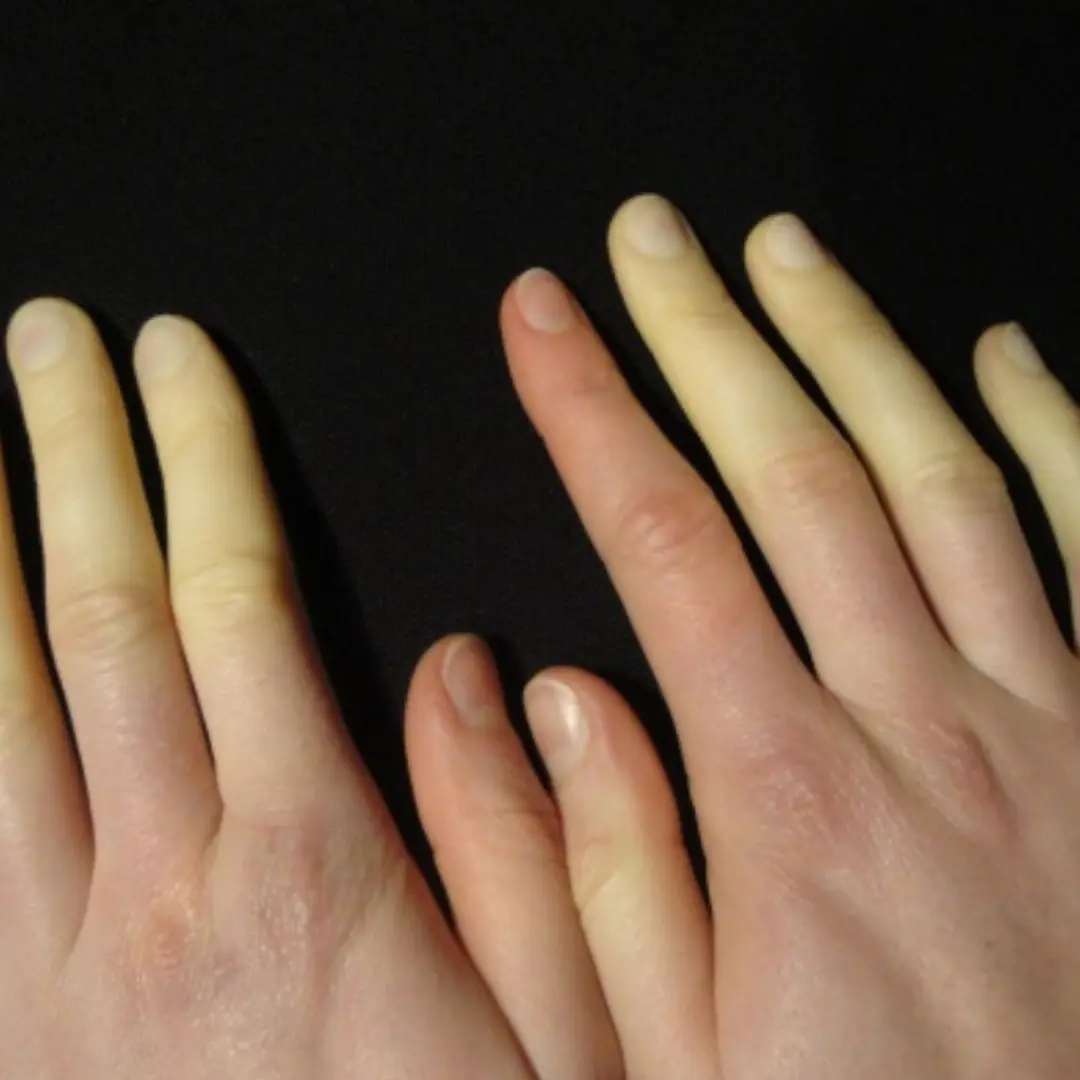
Spot these 10 symptoms? It’s time to see a doctor without delay!
